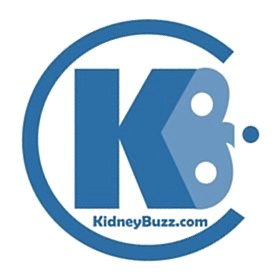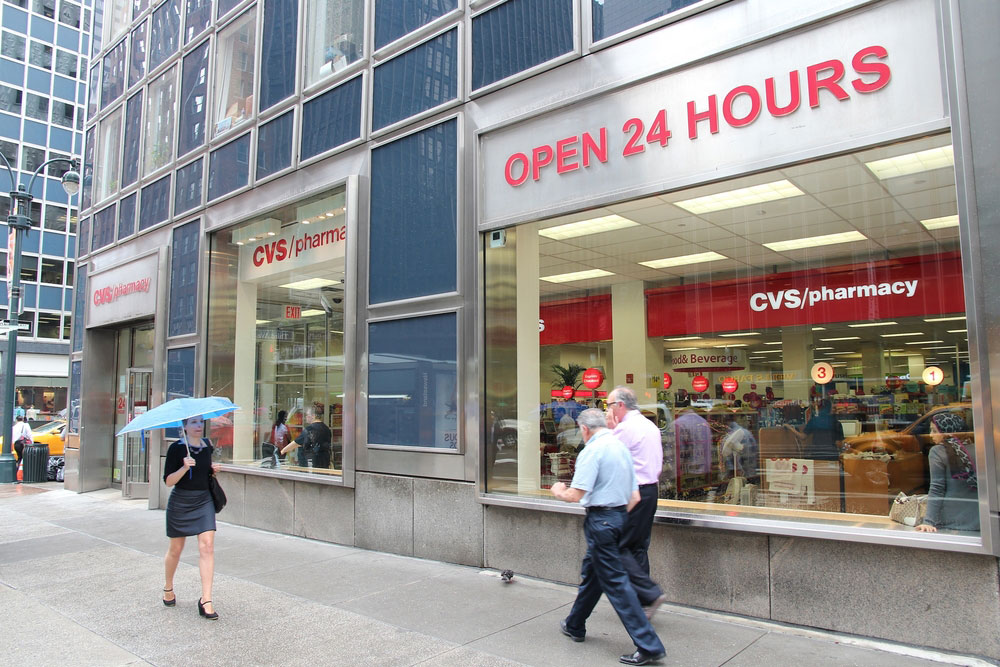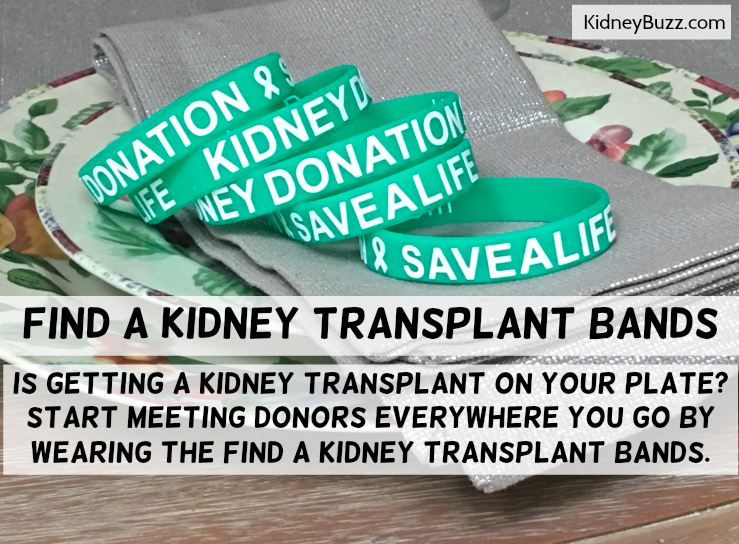© ALL CREDIT TO THEIR RESPECTIVE OWNERS.
A Chronic Kidney Disease patient conducting Dialysis emailed KidneyBuzz.com, "I am being prescribed these powerful painkillers for my pain. They work, but with all the talk in the news lately about addiction, I am worried." This concern about mistakingly overusing strong Opioid Prescriptions is common in the Chronic Kidney Disease Community. These concerns have been validated by a study published in the Journal of the American Society of Nephrology which found that Dialysis patients who received Opioid Medications were at significantly higher risk of early death, discontinuation of Dialysis, and the need for hospitalization, as compared with those who did not receive Opioids.
Recommended Reading: Scary Facts About Prescription Drugs Sold In The U.S. That Can Affect CKD Patients And Diabetics
Let's be clear, pain is common in Dialysis patients and patients cannot take certain drugs because the kidneys can no longer process them - this makes pain control difficult. That is likely why nearly two-thirds of Dialysis patients use at least one Opioid Prescription every year and more than twenty-percent (20%) received repeated prescriptions. However, it is concerning that more than twenty-five-percent (25%) of patients given Opioid Prescriptions received higher-than-recommended doses of this highly addictive and potentially life-threatening drug.
Recommended Reading: Pain Management For Chronic Kidney Disease Patients. Why Doctors Are Cutting Prescriptions?
"Excessive opioid use and its adverse outcomes in the End-Stage Renal (Kidney) Disease population is of great concern to U.S. patients, practitioners and policymakers," noted study author Dr. Paul Kimmel (U.S. National Institute of Diabetes and Digestive and Kidney Diseases). In a new effort to tackle the deadly Opioid addiction crisis in the United States, pharmacy giant CVS announced that it will be the first national chain to limit Opioid Prescriptions to seven days to help curb the risk of addiction of accidental overdosing among patients.
Recommended Reading: The Frequency Of Life Threatening Dosage Errors Is Under-appreciated By CKD & Dialysis Patients.
Well, what can Chronic Kidney Disease and Dialysis patients do? Well, exploring other options to treat pain, such as medications and behavioral therapy, could help reduce the need for the current amount of Opioid Prescriptions. Specific tips are as follow:
1. Know your risk factors: While anyone can develop an Opioid Addiction, not everyone is at the same risk level. Dr. James J. Galligan (Michigan State University), noted that a previous history of drug use—including cigarettes and alcohol—is a strong predictor that a person may struggle with Opioids. Genetics also play a role, as do factors like a previous trauma and psychiatric illness. Hence, it is important to talk to your Nephrologist if you are concerned that you might be at a higher risk for problems with opioids.
2. Take medication only as prescribed: If you have to take Opioids, you should only take your medication as prescribed and talk with your Nephrologist to come up with a plan around managing the need for Opioid painkillers.
3. Get Rid Of Them: When you no longer need the powerful medication for pain, destroy them—don’t hold on to them for the “just in case.” What's more, If you feel "off" when you stop taking them, it is important to talk to your Healthcare Team — they may recommend coming off the medication slowly.
4. Seek other pain management options: Talk with your Nephrologists about Opioid Alternatives that may work, such as Non-Steroidal Anti-Inflammatory Drugs (NSAIDs). The use of anti-seizure medication, such as Lyrica and Neurontin, and psychotropic medication traditionally used to treat depression, such as Cymbalta and Amitriptyline, have also been prescribed for pain management, according to Dr. Marc J. Romano.
5. Know that for most patients, Opioids are safe and effective: If you and your Healthcare Team decide that the benefits of taking Opioids outweigh the risks, your Nephrologist can help develop a safety plan to monitor Opioid use to limit dangers, which may involve more frequent check-ins.
Recommended Reading: Tips For CKD-Dialysis Patients To Have Insurers Cover Medications & Reduce Out-Of-Pocket Costs
Have you ever had fears of becoming addicted to your pain medication? What do you do to help prevent addiction? Share your experience and insights with the over 65,000 Friends who have liked KidneyBuzz.com on Facebook (click here). Also, follow the over 200,000+ monthly individual viewers who visit KidneyBuzz.com regularly for the latest daily news and information which teach those with Chronic Kidney Disease, Dialysis, Kidney Transplant, Diabetes, and Hypertension how to better manage and improve their lives. Erica Ashley Jenkins (Dialysis Nurse) said, "Hello I just wanted to let you know I work in a dialysis clinic and over half of our clinic reads this page, we enjoy everything you put on and love to have new information. My patients are very grateful."






